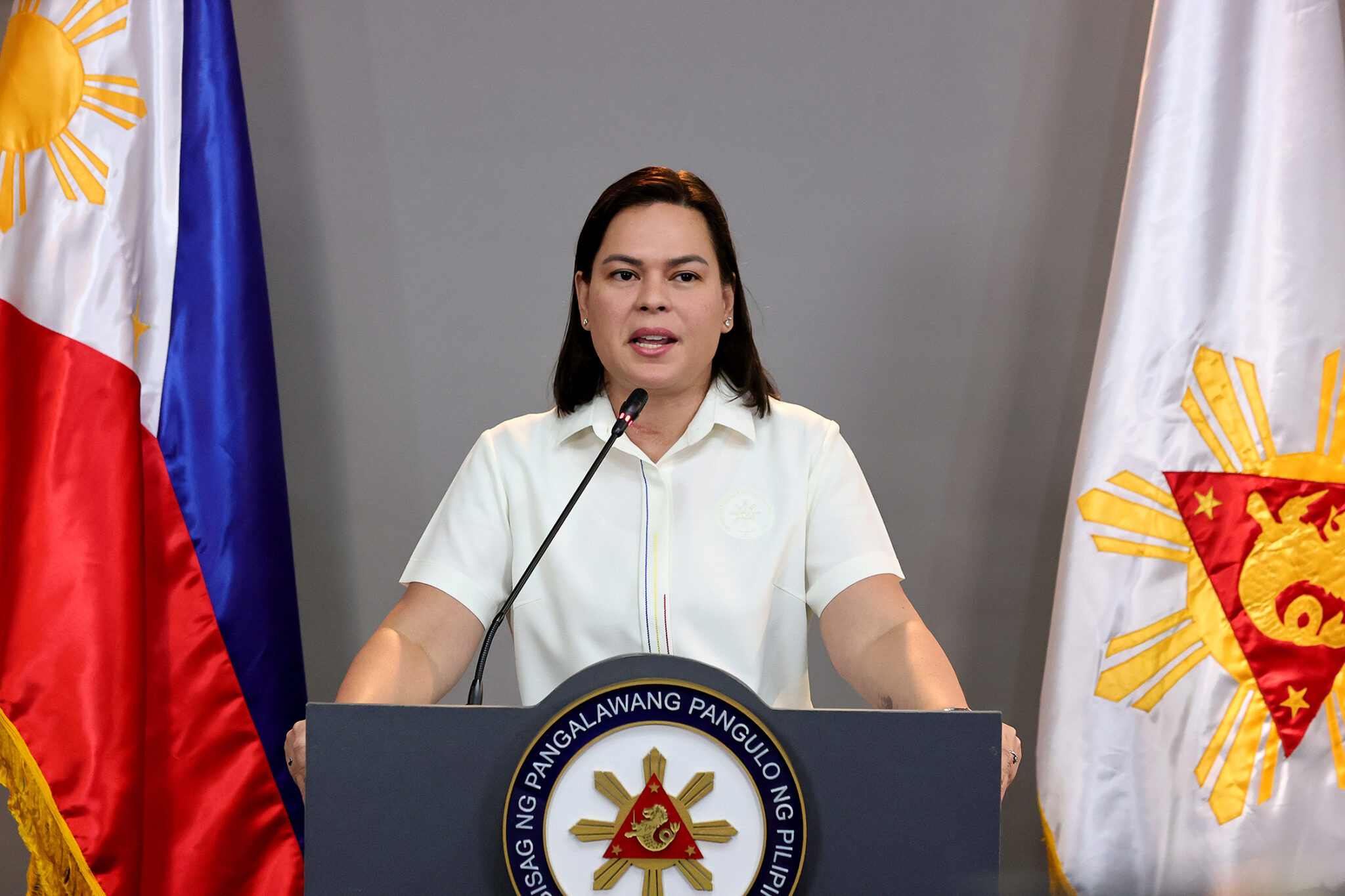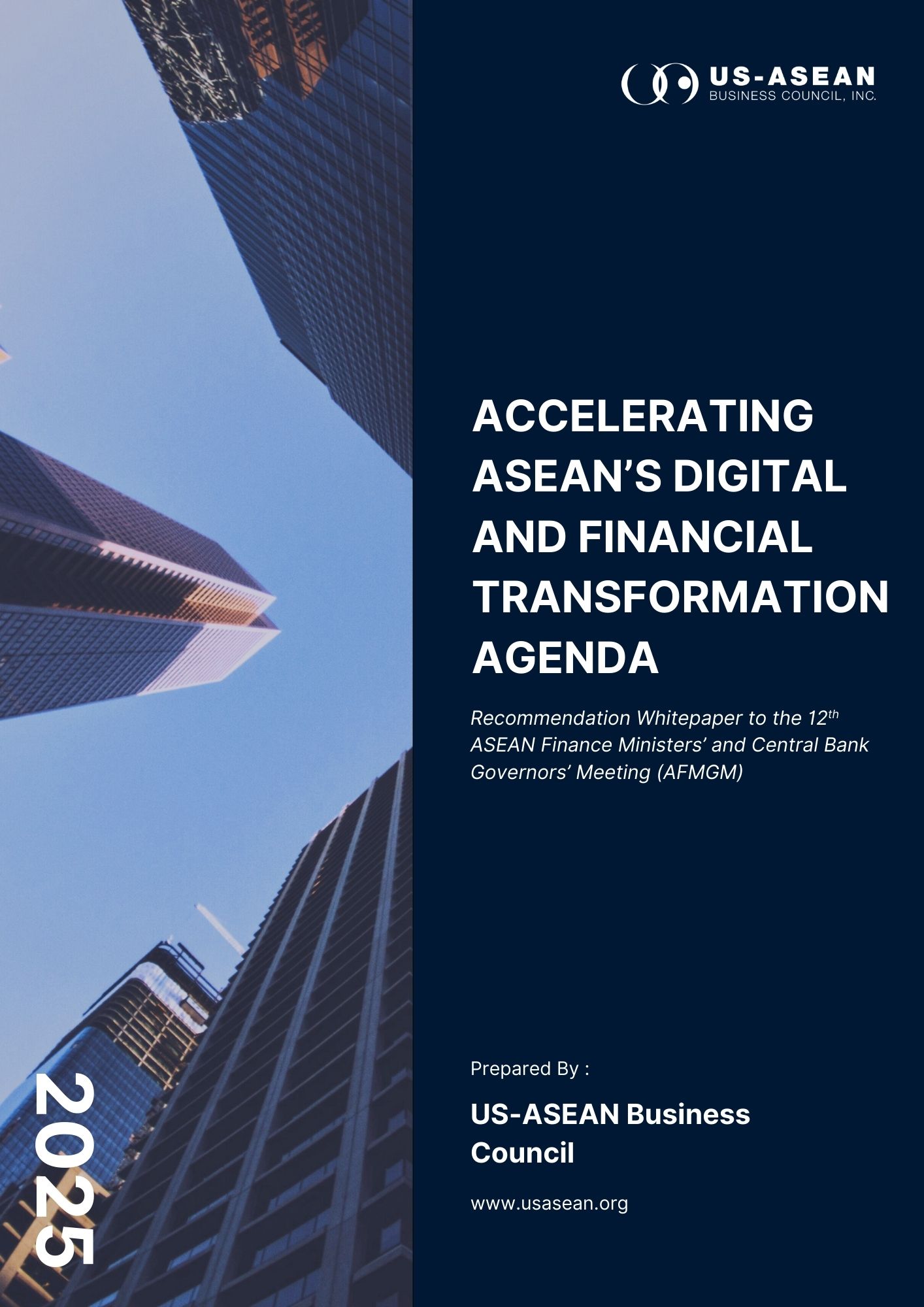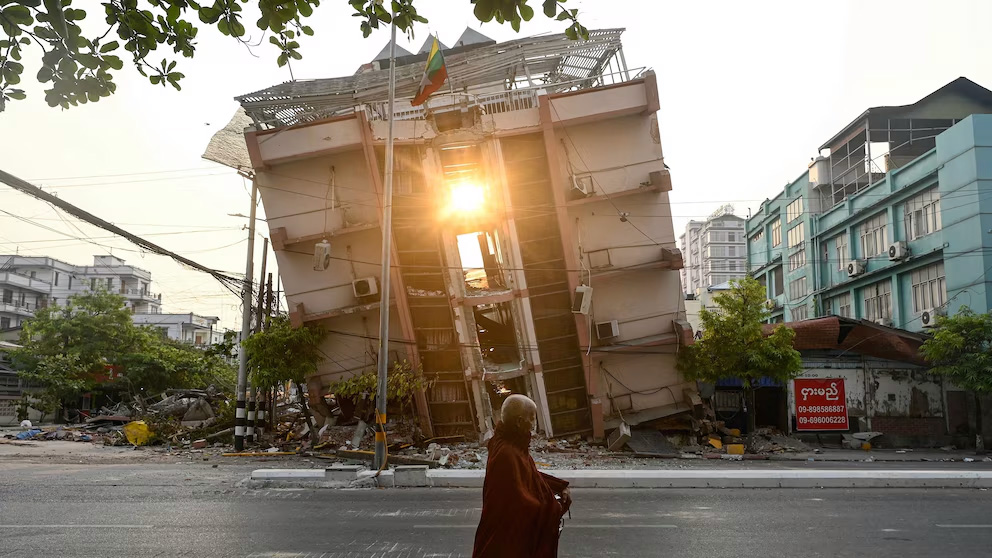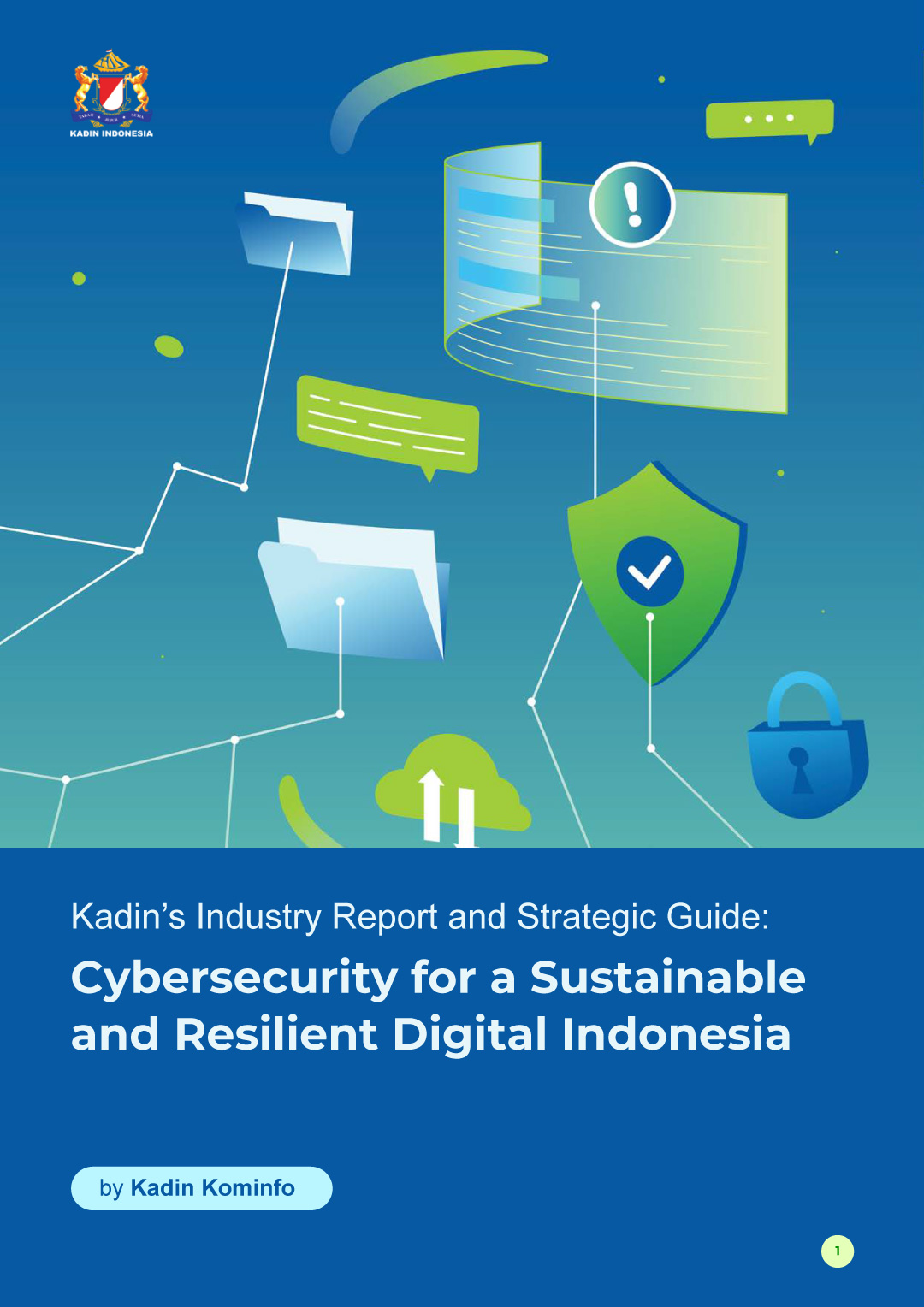Vice President Sara Duterte Impeached, Faces Senate Trial: Implications

Vice President Sara Duterte is widely perceived as a potential successor to President Marcos. A conviction would effectively bar her from the presidency and permanently ban her from holding public office.
Background
On February 5, 215 members of the 306-seat House of Representatives voted to impeach Vice President Sara Duterte on the following violations:
Betrayal of public trust
Culpable violation of the constitution
Higher crimes
Graft and corruption
The allegations that led to the impeachment included death threats against the Marcos family, confidential fund misuse, bribery and corruption in the Department of Education (DepEd), unexplained wealth, involvement in extrajudicial killings, public disorder, and totality of conduct as Vice President.
Notably, the vote was more than double the 102 that was needed for the impeachment to proceed to the Senate for trial. The President’s son, House Senior Deputy Majority Leader Representative Sandro Marcos was first to sign the said complaint despite Presidents Marcos’ earlier pronouncements that it would be a waste of time for lawmakers to impeach the Vice President when the legislature has more important work to do. Additionally, numerous lawmakers from Mindanao, a stronghold of the Dutertes, endorsed the complaint.
This is the 4th impeachment complaint filed against the Vice President in 2024 by several legislators and activist groups over a range of issues. Vice President Duterte is the fifth official to be impeached in the country after former President Joseph Estrada, Ombudsman Merceditas Gutierrez, Commission on Elections Chairman Andres Bautista, and former Supreme Court Chief Justice Renato Corona.
What Happens Next
Vice President Duterte will remain in office while the Senate, which will convene as an impeachment court, conducts the trial. 11 lawmakers have been named to the prosecution panel for the impeachment. The duration of an impeachment trial in the Philippines is not fixed and is dependent on the complexity of the case.
If found guilty, Vice President Duterte will be removed from her post as the first vice president in Philippine history to be impeached. Under the Constitution the President will then nominate a successor from among members of the Senate and House of Representatives. The nominee must be confirmed by a majority vote in both chambers.
While many legislators and lawyers believe that Senate can conduct an impeachment trial even during recess, Senate President Francis Escudero confirmed that the impeachment trial will begin after Congress reopens on June 2, when an impeachment court is convened and senators are sworn in as jurors. Several progressive groups urged the Senate to kick off the impeachment trial and former government officials suggested that delaying the impeachment process for four months is not ideal.
Conviction requires two-thirds of 24 senators to vote on the articles of impeachment. With the Dutertes still retaining a degree of support in the senate, some legislators believe that the impeachment trial will face a more uphill battle. It is worth noting that 3 sitting senators belong to the Partido Demokratiko Pilipino, the country’s ruling party under the administration of former President Duterte and that some of the members of the House who did not sign the impeachment complaint have relatives in the Senate.
Responses
On February 7, two days after her impeachment, the Vice President held a press conference where she delivered a brief statement thanking her supporters and entertained a number of questions from the media. Key points from the Q&A listed below -
Her lawyers are preparing for the impeachment battle
She has not thought about resigning as well as running for the 2028 presidency
She does not feel betrayed, citing that she has no friends in politics
Her work continues despite the upcoming impeachment trial
She is aware of the penalties of impeachment
She reiterated that she did not make any assassination threat to the President
She has not talked to her allies in the Senate
She is open to her father, former President Duterte, joining the defense team
Some lawmakers described the Vice President’s demeanor as cavalier, as she even joked that a romantic heartbreak was more painful than getting impeached by the House. The Vice President earlier denied the allegations and pronounced that she is a victim of a political vendetta.
The Vice President’s brother and House Representative Paolo Duterte cited that the impeachment is a clear act of political persecution and warned of the consequences of the impeachment. This message was echoed by former President Duterte’s chief legal counsel Salvador Panelo, mentioning that the impeachment will only galvanize people’s support for the Vice President.
On February 6, President Marcos reiterated that the Executive Branch did not have a hand on the matter. On the same day, the President’s sister Senator Imee Marcos said she is opposed to the impeachment of the Vice President, citing that it won’t resolve the country’s pressing problems.
Implications
On the Midterm Elections
The impeachment by House legislators deepens the political rift between the President and the Vice President and is seen as a major setback for the influential Duterte family. Furthermore, the move comes ahead of the mid-term elections in May, which could serve as a barometer of public support for the Dutertes. Lawmakers who supported the impeachment may gain political capital, while Duterte-aligned candidates could face setbacks. The removal of the Vice President is anticipated to become a subject of discussion in the upcoming election. The trial’s outcome could significantly impact electoral strategies and voter behavior for the 2028 presidential elections. In a January surveyconducted by the Social Weather Stations (SWS), results showed that 41% of Filipinos supported the then potential impeachment of the Vice President.
On Political Stability and Policy Direction
While the impeachment underscores the political rift within Philippine leadership, the discord is not expected to significantly shift government priorities. While this event signals a realignment of political alliances, it is not anticipated to cause immediate disruptions to the administration’s broader policy direction. The impeachment proceedings might however divert attention from the government’s economic agenda, distracting lawmakers from implementing reform measures that require legislation.









